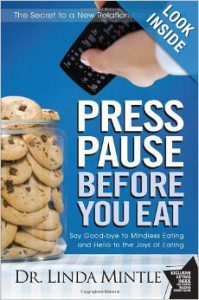 I was reading a new book on relationships by one of the leading people in the field and was stunned. In the book, he suggested that “a little” pornography could help a marriage.
I was reading a new book on relationships by one of the leading people in the field and was stunned. In the book, he suggested that “a little” pornography could help a marriage.
Here is why he is wrong. After treating far too many people who thought a little porn would bring back passion in their relationships, they find themselves constantly needing more. And the way they look at their partner changes in a negative way. Why? Because the brain is getting rewired!
People who begin with a little porn develop a tolerance and want more. Just like a drug addiction, more is needed to achieve pleasure. This can lead to potency problems and sexual tastes that could be unwelcomed by your partner.
An addiction is a loss of control, a compulsion to do something no matter the negative consequences. It also involves developing a tolerance and needing more to get the same level of stimulation or pleasure. Without it, withdrawal occurs. All of this is true with pornography. Moderation is impossible. Avoidance is the strategy.
But here is what you might not be thinking about. Addiction involves neuroplastic changes in the brain. The promise of healthy pleasure is a myth. Pornography changes the brain to want more. It is exciting, not satisfying and hyperactivates the appetite system in the brain. When you view porn, new maps are created. The brain says I want to keep that map and stay activated.
Viewing porn is like getting training sessions. Brain maps are being created. Neurons that fire together, wire together. They are wiring images into the pleasure centers of the brain.
Then, even when you are not looking at porn, you have those images reinforced in the brain. When sexually aroused, dopamine fires and firms up those connections. Pleasure is felt. The brain then wants new, more exciting images to create more maps. You aren’t satisfied with what you have. And this is where it gets problematic for couples. The porn person has trouble getting stimulated in healthy sex.
So does a little porn help a marriage? Absolutely NOT!


